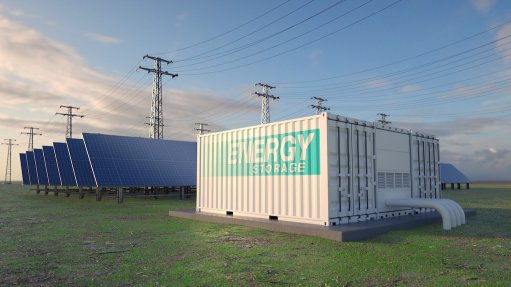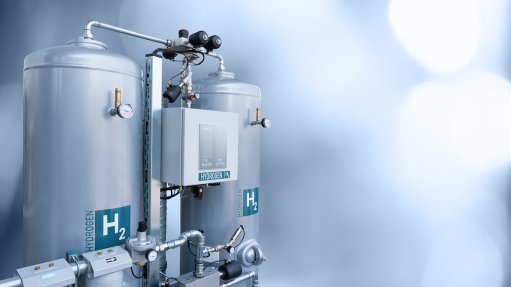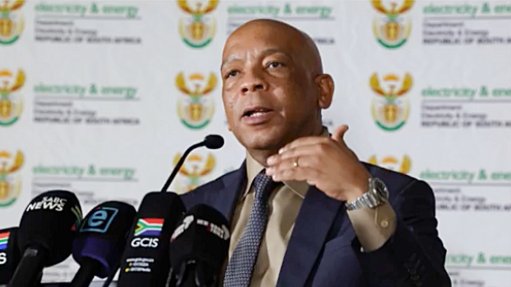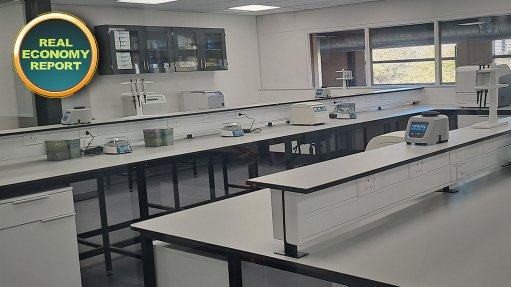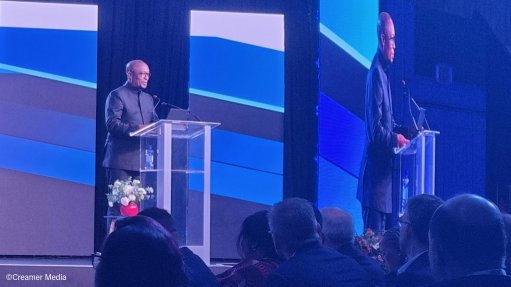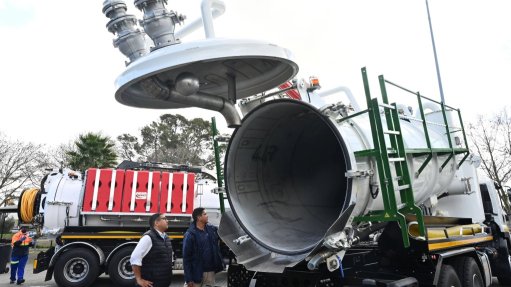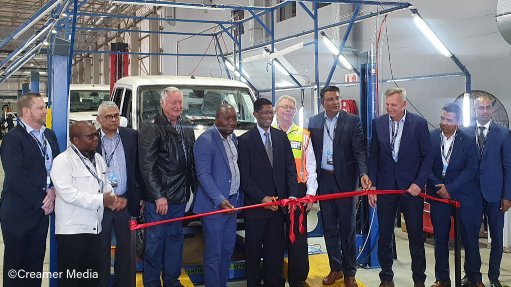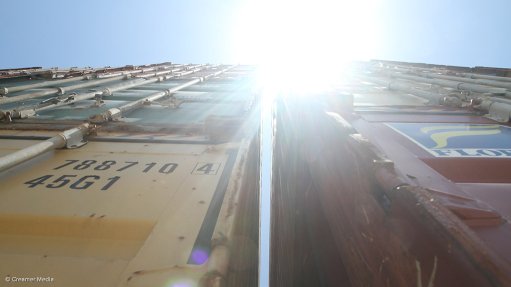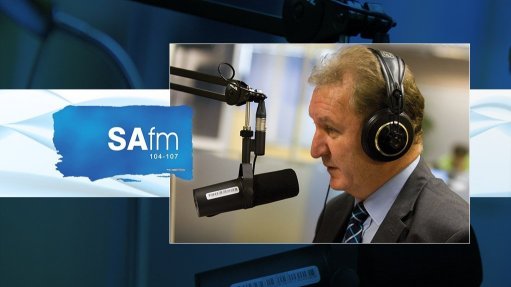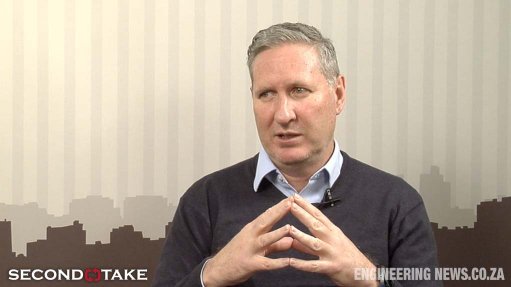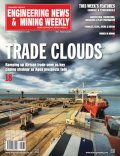Treasury publishes amendments to the Carbon Offsets Regulations
The National Treasury has published the Gazetted amendments to the Carbon Offsets Regulations in terms of Section 19 (c) of the Carbon Tax Act.
The Carbon Offsets Regulations set out the eligibility criteria for carbon offset projects, a procedure for taxpayers claiming the carbon offset allowance and administration of the carbon offset system.
The Carbon Tax Act became effective from June 1, 2019.
Section 19 (c) of the Act makes provision for the Finance Minister to issue regulations for the carbon offset tax-free allowance, in terms of Section 13, which assists firms to cost-effectively reduce their emissions and carbon tax liability by up to 10% of their total greenhouse-gas (GHG) emissions by investing in low-carbon, mitigation projects.
The first set of the Carbon Offsets Regulations was gazetted in November 2019, and the gazetting of the Amendments to the Carbon Offsets Regulations follows publication of the draft amendments to the Carbon Offsets Regulations on March 31 this year.
Taxpayers and stakeholders were given 30 days to submit their written comments to the National Treasury, with the closing date of April 30.
The National Treasury received 12 written submissions from a range of stakeholders, including companies, industry associations, international and national carbon market consultants, project developers and carbon market traders.
The main comments and changes made to the regulations as a result of the comments received include proposals to include new definitions of national registries, Verra registry and certificate of voluntary cancellation.
In response to this, the National Treasury confirmed on July 20 that the regulations were amended to clarify that carbon credits from approved Clean Development Mechanism (CDM) projects issued under national registries will be eligible for listing as eligible South African carbon offsets.
The definition of the Verra registry was aligned with the official Verra documentation and a new definition for a certificate of voluntary cancellation was included.
Stakeholders were also of the view that the crediting periods for non-agriculture, forestry and land use (Afolu) verified carbon standard projects should be specified in the regulation. This proposal was accepted under Sub-regulation 3(1)(c), where the crediting period for non-Afolu projects was added to the regulation.
There were also requests for clarification of the use period for offsets generated up to and including May 31, 2019, on project activities that are now taxable activities. Taking into account that the carbon tax payment for the 2022 tax period has to be made by July 2023, the National Treasury said this regulation was amended to stipulate the date of July 28, 2023, by when the carbon offsets from activities that are included in the carbon tax net can be used by taxpayers.
This is aligned with the due date for carbon tax accounts for the 2022 tax period, that is, the penultimate working day of July.
Stakeholders further expressed the view that the current wording in the Carbon Offsets Regulations could be interpreted to mean that a taxpayer claiming any Section 12L energy efficiency savings allowance for any project will be prohibited from claiming any carbon tax offsets allowance, despite the project being completely unrelated.
Accessing deductions under Section 12L of the Income Tax Act and the carbon offset allowance under the carbon tax is viewed as a double benefit for the same investments and emission savings, the National Treasury advised.
It further stated that the regulation was amended to clarify that a taxpayer may not receive the allowance in respect of an offset for a project for which an allowance has been received in terms of Section 12L.
General comments were also received, such as requests for the government to finalise the framework for local carbon offset standards that can be used to determine whether a project qualifies as a carbon offset project, and expansion of the geographic scope of offset projects beyond South Africa.
The National Treasury confirmed that a process was under way by the Department of Mineral Resources and Energy to publish the draft framework for local standards which was developed under the World Bank’s Partnership for Market Readiness project for public consultation.
The options for expanding the geographical scope of eligible offset projects, including within the African region, will be considered as part of the review and Phase 2 design of the carbon tax, it said.
Comments
Announcements
What's On
Subscribe to improve your user experience...
Option 1 (equivalent of R125 a month):
Receive a weekly copy of Creamer Media's Engineering News & Mining Weekly magazine
(print copy for those in South Africa and e-magazine for those outside of South Africa)
Receive daily email newsletters
Access to full search results
Access archive of magazine back copies
Access to Projects in Progress
Access to ONE Research Report of your choice in PDF format
Option 2 (equivalent of R375 a month):
All benefits from Option 1
PLUS
Access to Creamer Media's Research Channel Africa for ALL Research Reports, in PDF format, on various industrial and mining sectors
including Electricity; Water; Energy Transition; Hydrogen; Roads, Rail and Ports; Coal; Gold; Platinum; Battery Metals; etc.
Already a subscriber?
Forgotten your password?
Receive weekly copy of Creamer Media's Engineering News & Mining Weekly magazine (print copy for those in South Africa and e-magazine for those outside of South Africa)
➕
Recieve daily email newsletters
➕
Access to full search results
➕
Access archive of magazine back copies
➕
Access to Projects in Progress
➕
Access to ONE Research Report of your choice in PDF format
RESEARCH CHANNEL AFRICA
R4500 (equivalent of R375 a month)
SUBSCRIBEAll benefits from Option 1
➕
Access to Creamer Media's Research Channel Africa for ALL Research Reports on various industrial and mining sectors, in PDF format, including on:
Electricity
➕
Water
➕
Energy Transition
➕
Hydrogen
➕
Roads, Rail and Ports
➕
Coal
➕
Gold
➕
Platinum
➕
Battery Metals
➕
etc.
Receive all benefits from Option 1 or Option 2 delivered to numerous people at your company
➕
Multiple User names and Passwords for simultaneous log-ins
➕
Intranet integration access to all in your organisation






